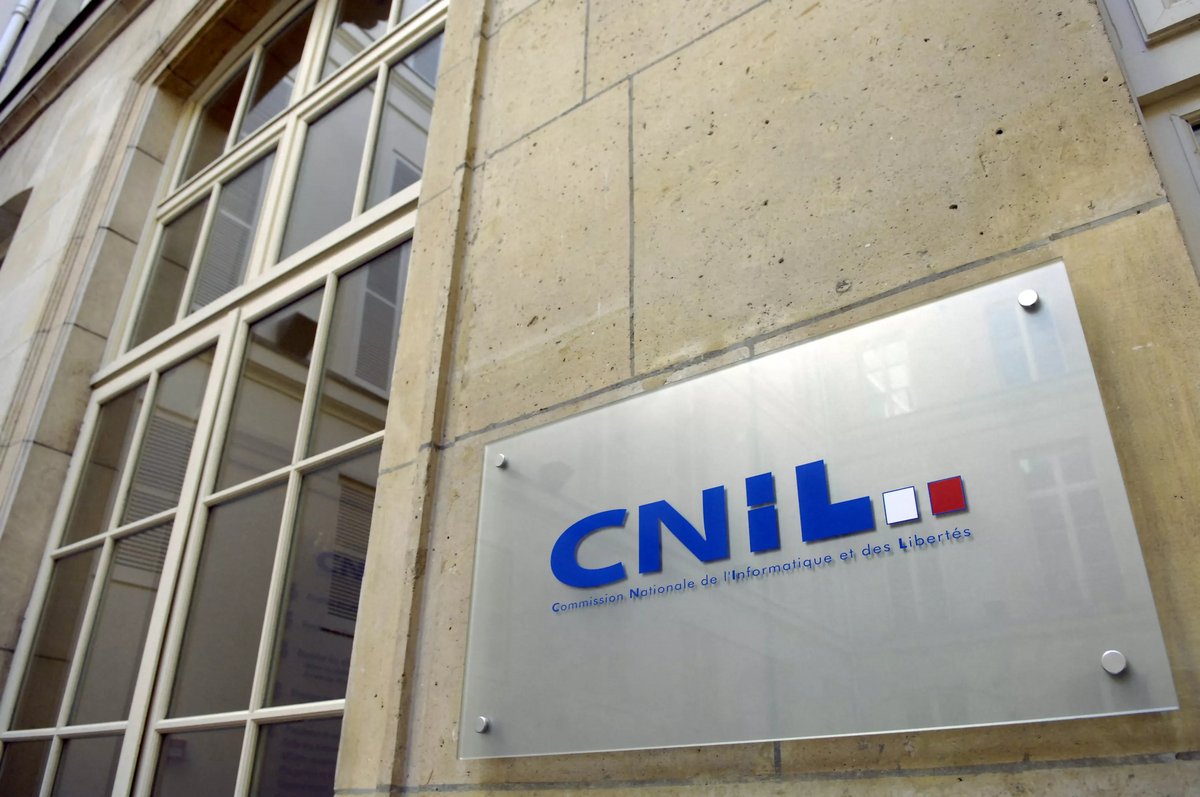The CNIL warns of the risks linked to genetic tests sold on the Internet, which collect sensitive personal data without guaranteeing their protection.
Do you want to know your origins, your ancestry or your predisposition to certain diseases? Simply order a DNA test online, send a saliva sample and wait for the results. But be careful, these tests are not without danger for your privacy.
The National Commission for Information Technology and Liberties (CNIL) warned, on March 6, 2024, against these practices which expose users to the risks of leakage, misappropriation or hacking of their very personal genetic data, as well as ‘to the discovery of confidential information about their origins.
Sensitive and shared data
Online DNA tests allow the companies that offer them to retrieve a lot of information about customers, such as their ethnic origin or their state of health. This data is sensitive, because it reveals intimate aspects of the person, but also of their family. Indeed, genes are shared between ascendants, descendants and close relatives, recalls the CNIL.
Companies also collect other personal data, such as the identity, contact details or lifestyle habits of customers, through questionnaires. “All of this data, taken individually and combined, reveals a lot of information about people and is very valuable. », Warns the CNIL. They can also be exploited for commercial purposes, without the consent of the people concerned.
Risks of hacking and revelation of confidential data
Online DNA testing also exposes customers to the risk of their data being hacked, which can be stolen, modified or destroyed by hackers. In 2023, the 23andMe site recognized that information relating to 6 million customers had been stolen. However, unlike a password, it is not possible to change your DNA, underlines the CNIL.
Online DNA testing can also reveal potentially serious information or family secrets, such as adoption, infidelity or hereditary illness. This information can impact the lives and worldview of clients, who are not always prepared to receive it. The company MyHeritage, whose tests were promoted by singer Bilal Hassani, also warns its users about this in its conditions of use.

DNA tests banned in France
Finally, the CNIL recalls that genetic tests are prohibited in France, except in the context of a judicial investigation, medical care or scientific research. Even with the consent of the person concerned, carrying out “recreational” genetic tests is therefore illegal in France. A person who buys one can be fined 3,750 euros.
The CNIL therefore invites users to be vigilant and to find out about the risks and rights linked to these tests before ordering them.
Source : BFMTV Tech & Co

7